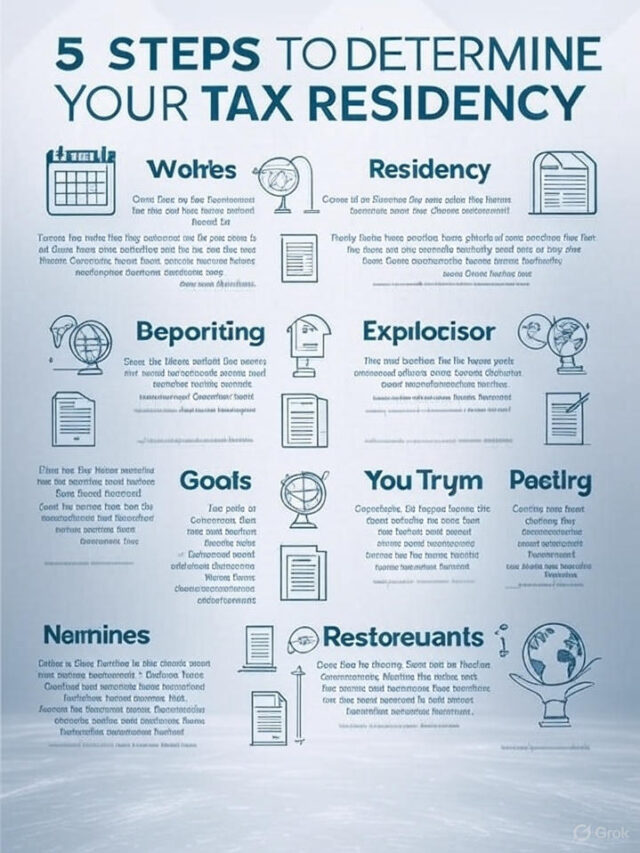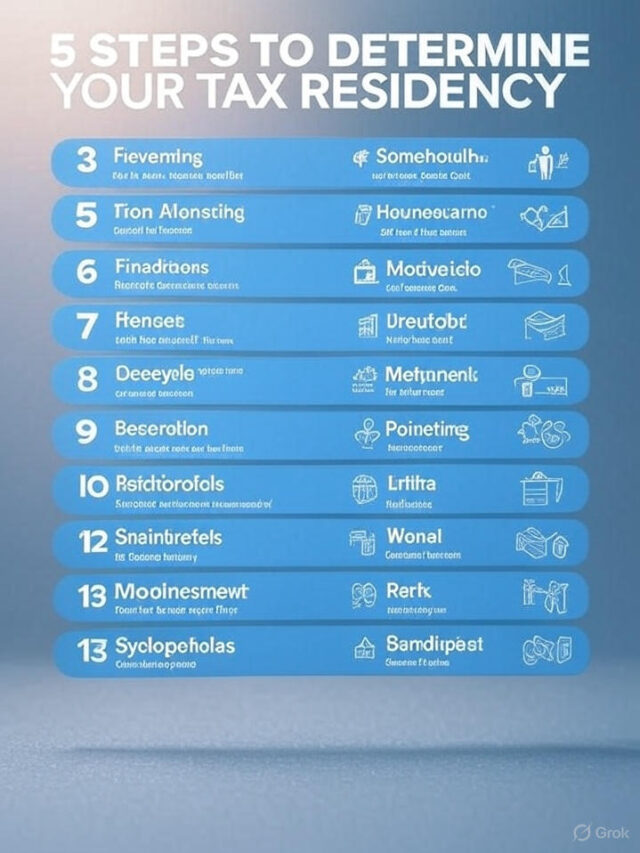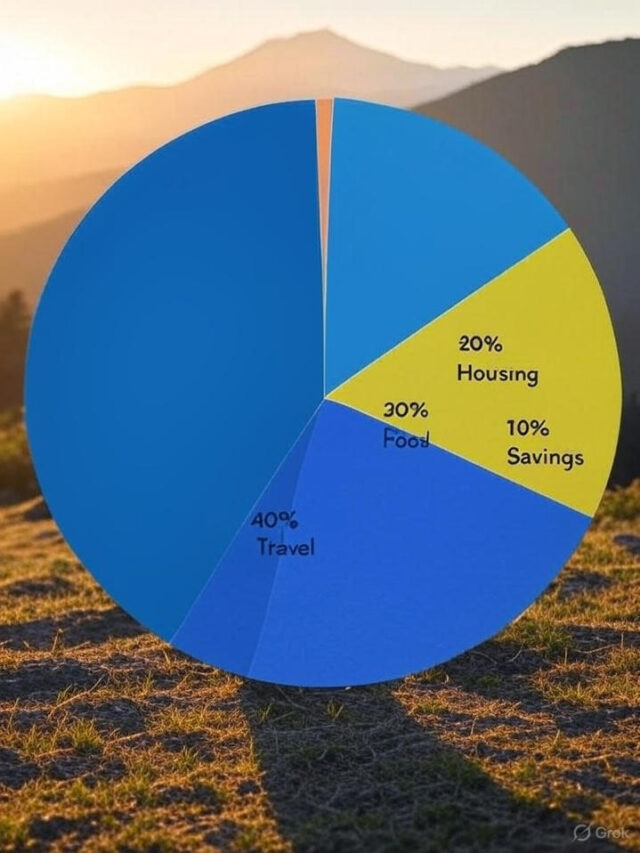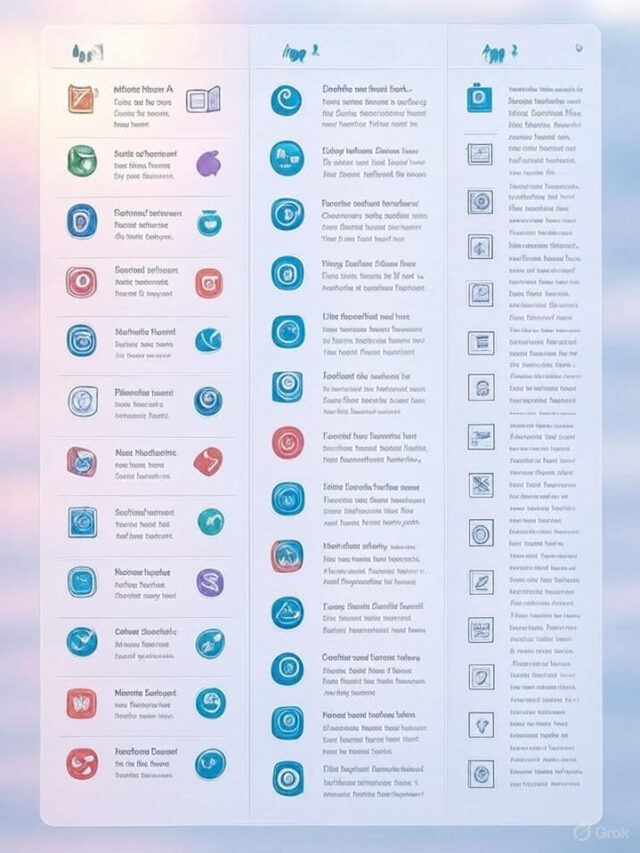
Why Your Fear of Reintegrating into Society Is Holding You Back (And How to Fix It)
The world is opening up again, but for many, the thought of stepping back into crowded spaces, social gatherings, or even the office feels overwhelming. If you’re grappling with the fear of reintegrating into society, you’re not alone. After years of isolation, remote work, and social distancing, it’s natural to feel anxious about returning to “normal.” But here’s the thing: this fear can keep you stuck, missing out on connection, growth, and new opportunities. As a therapist who’s helped countless people navigate transitions, I’ve seen how this anxiety works—and how to overcome it. In this guide, I’ll break down why this fear exists, how it affects you, and practical steps to ease back into society with confidence.
What Is the Fear of Reintegrating into Society?
The fear of reintegrating into society isn’t just about disliking crowds or small talk. It’s a deep-seated anxiety about re-entering a world that feels unfamiliar after prolonged isolation. For some, it’s rooted in the pandemic’s aftereffects—lockdowns trained us to avoid people, and now our brains associate social settings with risk. For others, it’s about losing social skills or fearing judgment after so long away.
Studies back this up: a 2023 survey by the American Psychological Association found that 41% of adults reported increased social anxiety post-pandemic, with many citing discomfort in public spaces. This fear can manifest as racing thoughts, sweaty palms, or even avoiding events altogether. Understanding it is the first step to tackling it.
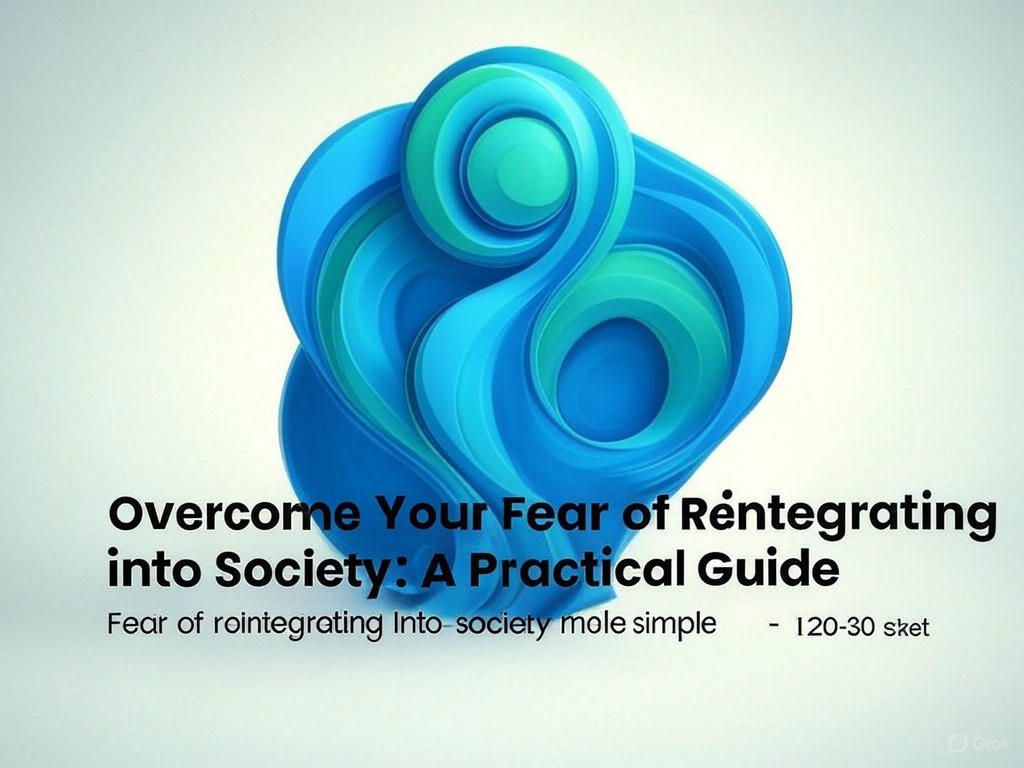
Why Do We Feel This Way?
Let’s unpack the reasons behind this fear. It’s not just random—it’s your brain and body responding to real changes in your environment and habits.
Disrupted Social Habits:
Isolation rewired how we interact. If you spent years on Zoom, in-person conversations might feel awkward or draining. Your social muscles are out of practice.
Heightened Health Anxiety:
The pandemic in the recent past has made us more aware about virus, bacterial and own sefety. A 2022 study in The Lancet noted that 30% of people still fear public spaces due to health concerns, even post-vaccination.
Fear of Judgment:
After being “out of the game,” you might worry about saying the wrong thing or not fitting in. This is especially true if you’ve changed during isolation (new hobbies, new look, new you!).
Overstimulation:
-
Quiet home life contrasts sharply with noisy, unpredictable social settings. Your brain might scream “too much!” when faced with a bustling café or office.
Recognizing these triggers helps you see that your fear isn’t irrational—it’s a response to real shifts. But you emotion should not be controled you.
The Cost of Staying Stuck
Ignoring the fear of reintegrating into society can have serious downsides. Staying isolated might feel safe, but it can snowball into bigger issues:
Mental Health Struggles:
Chronic isolation is linked to depression and anxiety. A 2024 study in Journal of Clinical Psychology found that prolonged social avoidance increases loneliness by 25%.
Career Setbacks:
If you’re dodging the office or networking events, you might miss promotions or connections. Remote work is great, but in-person presence still matters in many industries.
Missed Connections:
Humans thrive on relationships. Avoiding society could mean losing touch with friends, family, or potential new bonds.
I’ve worked with clients who let this fear shrink their worlds—cancelling plans, declining invitations, and feeling trapped. The good news? You can break free with small, intentional steps.
How to Overcome the Fear of Reintegrating into Society
Ready to take control? Here are practical, expert-backed strategies to ease your anxiety and rebuild your confidence. Start small, and you’ll be surprised how quickly progress builds.
1. Start with Low-Stakes Situations
You don’t need to dive into a packed concert right away. Begin with low-pressure settings where you feel in control:
Visit a quiet coffee shop for 20 minutes.
Take a walk in a park where you can observe people without interacting.
Say hi to a neighbor or cashier to practice brief conversations.
These baby steps desensitize your brain to social settings. One client of mine started by sitting in a library for an hour a week—by month two, she was attending small book clubs.
2. Rebuild Social Skills Gradually
If you feel rusty, that’s okay—social skills are like riding a bike. Practice these:
Active Listening: Nod, smile, and ask simple follow-up questions in conversations. Don’t listen to act but listen to understand, it will reduce all the performance pressure over your brain.
Script Small Talk: Prepare a few go-to phrases, like “How’s your week going?” or “Seen any good shows lately?”
Join Structured Activities: Book clubs, hobby classes, or volunteer groups provide built-in conversation topics, making interactions easier.
A 2023 study in Social Psychology Quarterly found that structured social activities reduce anxiety by 20% compared to unstructured settings like parties.
3. Manage Health Anxiety
If germs are a trigger, take practical steps to feel safer:
Carry hand sanitizer and a mask for peace of mind.
Choose outdoor or well-ventilated venues.
Check local health guidelines to reassure yourself about safety.
I had a client who eased her fears by starting with outdoor meetups. Knowing she could leave anytime helped her stay calm.
4. Reframe Negative Thoughts
Your brain might catastrophize (“Everyone will judge me!”). Challenge those thoughts with logic:
-
Ask: “What’s the worst that could happen?” Generally, it is not as bad as you think it is.
-
Replace “I’ll mess up” with “I’m learning, and that’s okay.”
-
Visualize success: Picture yourself enjoying a social event before you go.
Cognitive-behavioral techniques like these reduce anxiety by 30%, according to a 2024 meta-analysis in Psychotherapy Research.
5. Set Realistic Goals
Don’t aim to be a social butterfly overnight. Set small, measurable goals:
Attend one event per week.
Have a 5-minute chat with a colleague.
Stay at a gathering for 30 minutes before leaving.
Track your wins to build momentum. One of my clients kept a “social courage journal” and was amazed at her progress after just a month.
When to Seek Extra Help
Sometimes, the fear of reintegrating into society feels too big to tackle alone. If you’re avoiding all social contact or feeling paralyzed, consider:
Therapy: Cognitive-behavioral therapy (CBT) is highly effective for social anxiety, with 75% of patients showing improvement after 12 sessions (American Journal of Psychiatry, 2023).
Support Groups: Online or in-person groups connect you with others facing similar fears.
Mindfulness Apps: Tools like Headspace or Calm can reduce anxiety with daily practice.
There’s no shame in getting support—it’s a sign of strength.
You’ve Got This
The fear of reintegrating into society can feel like a heavy weight, but it doesn’t have to define you. By understanding why you feel this way and taking small, deliberate steps, you can rebuild your confidence and rediscover the joy of connection. Start with a coffee shop visit, practice a few conversation starters, or seek professional support if you need it. Every step forward is a victory. The world is waiting for you—take it one moment at a time, and you’ll find your place in it again.


Tax Strategies for Digital Nomads: A Comprehensive Guide to Staying Compliant and Saving Money


Saving Money as a Digital Nomad: A Comprehensive Guide to Financial Freedom


The Best Budgeting Apps for Digital Nomads: Managing Finances on the Go
Categories
Pages
Recent Posts

Retirement Planning for Digital Nomads: A Roadmap to Financial Freedom on the Move

Tax Strategies for Digital Nomads: A Comprehensive Guide to Staying Compliant and Saving Money


Saving Money as a Digital Nomad: A Comprehensive Guide to Financial Freedom



